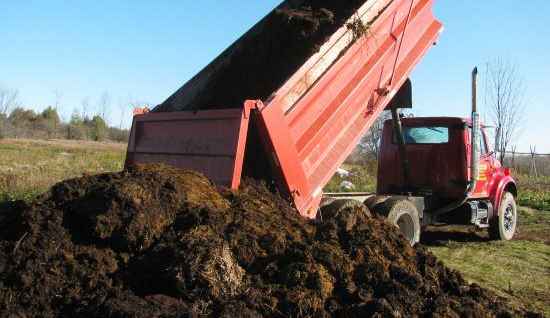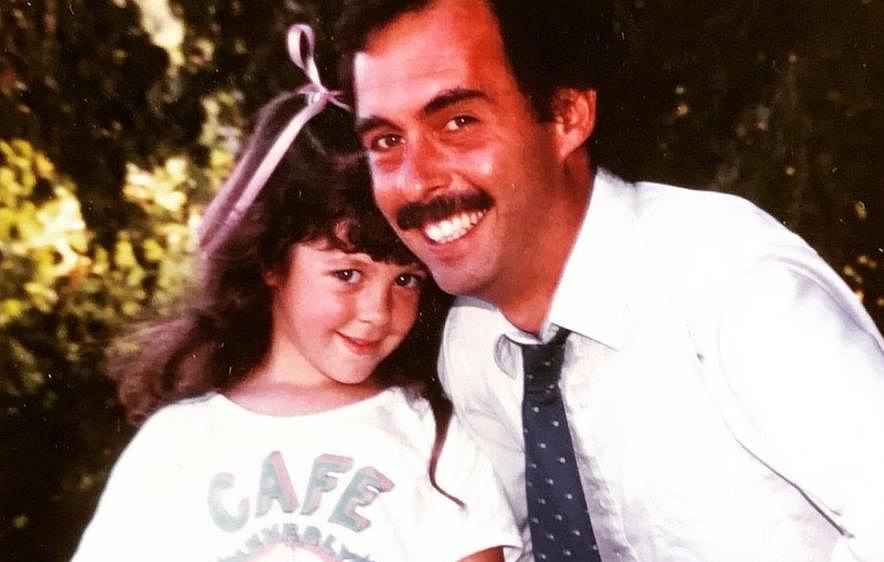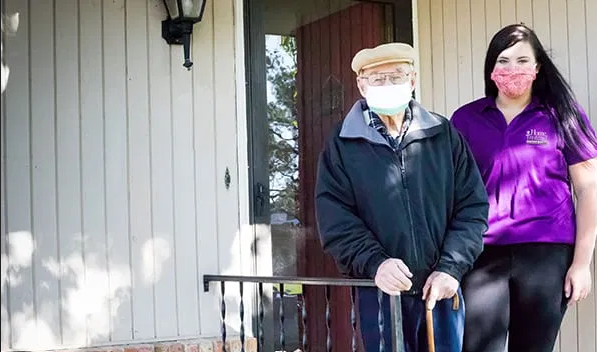






See listing of Recent and Most Popular articles on the Home Page
Our World
Category: Life Events / Topics: Change • Coping • COVID-19 • Crisis • Future • Health Care • Hopes & Dreams • Lifestyle, General
Who Will We Be When This is All Over?
Posted: December 12, 2020
The Covid-19 pandemic has brought incalculable suffering and trauma. But it also offers ways for people—and even societies—to change for the better…
Editor's note: Following is an excerpt of Simon's article, which appeared on WIRED, in which we will look at key points, then focus on his comments related to the impact of the COVID-19 pandemic on the elderly. A link to the full article will be found at the bottom of the page.
Existential crises can bloom out of the loss of a job or family member, or a shaking of your religious faith, or even a bad drug trip. Basically, you start to wonder: Who am I? What is my purpose? What’s the meaning of life? It’s a bewildering journey limited to the individual—or at least it was, until the Covid-19 pandemic shook the existence of all humanity.
We’ve lost loved ones, jobs, and any sense of normalcy for nearly a year now, thanks to our surreal existence in lockdown. The virus has claimed the lives of 280,000 Americans. Some Covid-19 survivors are still dealing with brutal symptoms, months after they contracted the disease. We’ve been trapped at home, many of us struggling with loneliness. Marriages and families have been pushed to the breaking point and beyond. And now, with several vaccines on the horizon and the end of the pandemic in sight, we face an existential conundrum: Who will we be when this is all over?
“It has been frenetic, unsustainable, and exhausting for a long time,” says clinical research psychologist Adrienne Heinz of the Stanford University School of Medicine. “And when we are forced to slow down and rest, it's really just this interesting time to get in touch with our priorities. What do we really care about? Why do we want to get up in the morning?”
The people who may have the toughest recovery are those living through pandemic-related trauma. As psychologists define it, trauma is the concern for your life, bodily harm, or your own welfare—or your concerns for someone close to you. This might include people who have lost a loved one or who have survived a particularly severe case of Covid-19. . . .
When the pandemic first took hold, some of the rich decamped to second homes in the country, and even many members of the white-collar working class could simply work from home and order food and other necessities in. They could wait out the chaos in relative peace, while lower-income earners in cities were forced to work their essential jobs in person, putting them at higher risk of contracting Covid-19. . . .
Then consider that 43 percent of essential workers are people of color, according to Chandra Farley, director of the Partnership for Southern Equity’s Just Energy program. “We sometimes automatically characterize people as vulnerable, without saying they are made to be more vulnerable to certain things because of systemic racism and historic inequities,” Farley told WIRED in August. . . .
Age is a factor too. The elderly are more susceptible to severe Covid-19, but they’re also more susceptible to isolation. And isolation has its own risks, both for physical and mental health. “I must say that my take is quite bleak,” says Elena Portacolone, a sociologist at the University of California, San Francisco. Older adults living alone may also be struggling with health conditions like diabetes, cancer, or dementia.
Those on fixed incomes may have already been scraping by before the pandemic, and are now saddled with extra costs. For example, the price of food has soared during the pandemic. Money may be so tight, Portacolone says, that some elderly Americans can barely afford to buy masks. “So the suffering coming from being stuck and having very little money has been exacerbated by the pandemic,” Portacolone says.
At the same time, one of the few upsides to the pandemic is that it has opened doors for the elderly and other people to get care. “There's been a big shift in telehealth and digital mental health,” says Heinz. That’s because mental health workers like Heinz haven’t been able to see their patients in person, so they’re turning to video sessions. After the pandemic, she hopes that this trend becomes permanent. “Working to access resources and care through digital means is a shift that I hope just keeps on going,” Heinz adds. . . .
And as awful as the past year has been, perhaps the pandemic can elicit change within ourselves and within communities. Maybe you’ve picked up cooking or a new hobby or finally started that novel. Maybe you’ve been more diligent about keeping in touch with faraway friends and relatives. Maybe you’ve gotten to know your neighbors better. “There's been so much doom and gloom, and trauma and adversity,” says Heinz. “And I think what we sometimes forget in the midst of it, when we're in the weeds, is that we're capable of a lot of growth when we go through hard things. And sometimes, we come out as better versions of ourselves, both as individuals and as communities.” . . .
Search all articles by Matt Simon
Posted: December 12, 2020 Accessed 779 times
![]() Go to the list of most recent Our World Articles
Go to the list of most recent Our World Articles
![]() Search Our World (You can expand the search to the entire site)
Search Our World (You can expand the search to the entire site)
![]() Go to the list of Most Recent and Most Popular Articles across the site (Home Page)
Go to the list of Most Recent and Most Popular Articles across the site (Home Page)
 Loading requested view...
Loading requested view...